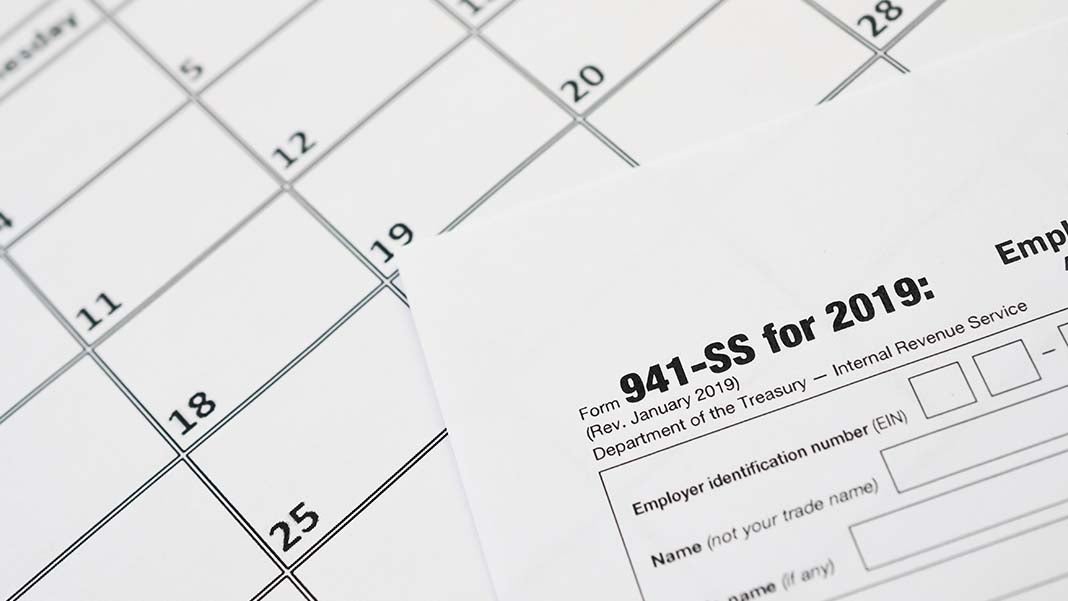Why Small Businesses Should Pay Attention to Quarterly Tax Payments
By: 1800Accountant

There are a lot of awesome things that go along with owning a business. For example, personal fulfillment, passion—and, of course, making money. But what goes hand in hand with making money? Paying taxes.
Filing business taxes can be complex, daunting, and nerve wracking. After all, everyone makes mistakes. So if you own a small business, make sure you pay attention to your quarterly tax deadlines.
What are Quarterly Tax Deadlines?
Each year, self-employed people and business owners need to make estimated quarterly tax payments on their business earnings. These need to be made to the IRS and the State (if your state has income tax).
Staying on top of your quarterly estimated tax payments will prevent you or your business from being penalized by the IRS, and diffuse the financial burden of a bulk payment when filing your personal income taxes in April. So make sure to pay attention to these important tax deadlines:
- April 15th
- June 15th
- September 15th
- January 15th of the next year
Small Businesses and Quarterly Estimates
There are some rules around small business types. If you’re an LLC being taxed as a sole proprietorship, Partnership or an S-Corporation, you’re considered a pass through entity in the eyes of the IRS. A pass through entity does not pay tax on profits at the business level, but at the owners’ individual personal income tax returns. As a result, you’ll need to withhold your own taxes (and pay them quarterly).
Another important thing to note: an LLC that has elected S-Corp tax treatment (pass through taxation) are required to pay a reasonable salary through payroll to the owner of the business. That salary amount will have income taxes being withheld on it. But any remaining profit would not have taxes withheld—so the business would need to make quarterly tax payments on that amount.
If your small business is an LLC taxed as a Corporation, it is subject to quarterly estimated taxes at the corporate level. Corporations are taxed at the entity level, and then taxed again on earnings paid to the individual shareholders on their personal tax returns. Considerations should be made since you will need to calculate quarterly estimated taxes at both the corporation and your individual personal income taxes.
Small business owners aren’t the only ones who should consider Quarterly Estimates. After the Tax Cuts and Jobs Act was implemented in 2017, many people found that their W-2 wage jobs were not withholding enough from their paychecks to cover their tax liability! You may want to consider calculating estimated taxes if you have rental properties that are generating positive income, took distributions from a retirement account that may or may not have taxes withheld already, or have gains from stock sales during the year.
Balancing Expenses
None of this sounds particularly positive for the small business owner, but remember to offset these taxes by keeping a detailed record of your expenses. Log things like:
- Mile you travel for business in your car.
- Tools and equipment purchased for the business.
- Utilities for your business.
These can all be included in your expenses when you file your taxes.
Overwhelmed?
If this all seems like a lot to handle, it’s completely understandable. Keeping meticulous records and paying attention to tax laws is time-consuming. If you think it’s too much for you, it might be time to get professional support.
You can utilize a management software, or reach out to a tax professional to help you out. That way, you can stay on top of your business, while also knowing that your taxes aren’t being neglected.












